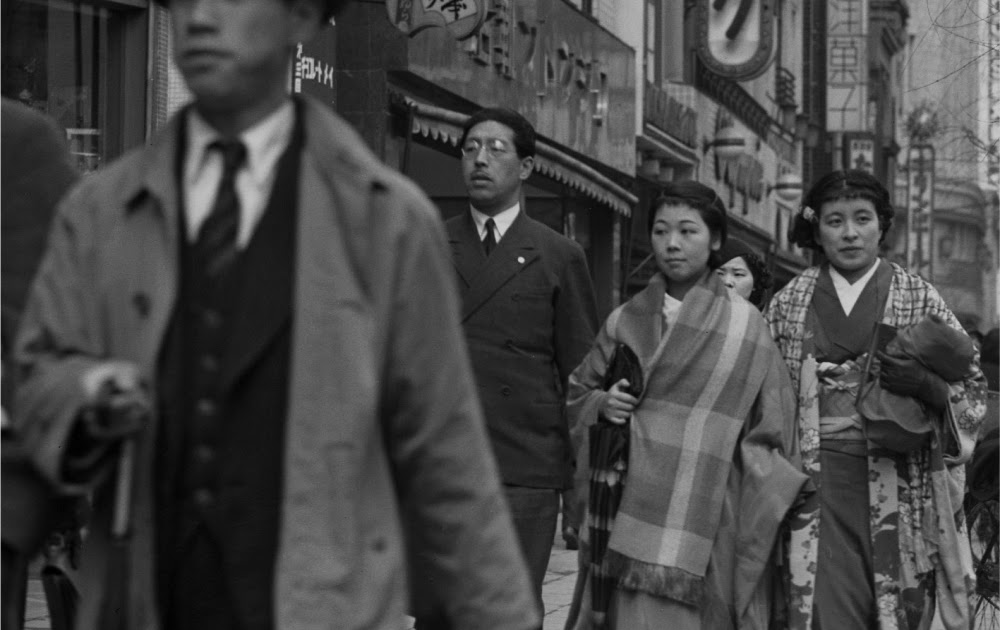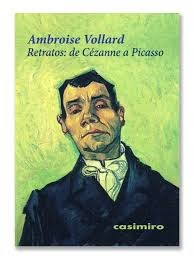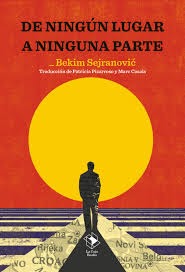
Original language: Japanese
Original title: Kōjin
Translation: Yoko Ogihara / Ferdinand Cordobas
Year of publication: 1912
Valuation: Recommended (with nuances)
The Walker It is a very Japanese novel. Its format, register, tone, thematic approach, setting and characters prove it. It is no wonder; It was written by Natsume Soseki, considered the father of modern Japanese literature, in his maturity.
Personally, I have enjoyed it very much. However, I believe that it is not accessible to Western audiences unaccustomed to this type of work. And the Japanese sensibility present in these pages is, as I suggested before, overwhelming. Therefore, a reader who demands a familiar structure of beginning, middle and end, or requires action and drama, will surely abandon Soseki’s fiction.
Why The Walker It presents languid prose, a slow plot and characters who are silent more than they say. Because no extraordinary events happen in this story, except for some feat of nature. Because the author takes his time when clarifying who the protagonist is and specifying relevant concepts such as religion. Because the end of it is totally open.
But hey, what is this novel about? Ichiro (a very intelligent and sensitive university professor, the first-born of his family), is distressed by his existence. The people around him (his single brother Jiro, narrator of the story, his wife Nao and other relatives, friends and acquaintances) deal with him as best they can.
Of the many virtues of The WalkerI would highlight the following:
- Its ability to provide everyday life with a markedly literary texture. As an example, a button: the convalescence of Misawa, Jiro’s friend, is mundane, but also beautiful and sad.
- The lateness of his prose.
- Their characters are extremely complex and, if this were not enough, their characterization constantly expands.
- The interactions between characters shine in their oblique radiance. For example, it would highlight the tenuous love that Jiro seems to feel for his sister-in-law.
- It explores its themes with depth and from an exquisite angle: selfishness, ambivalent affection, loneliness, lack of communication with the other, eroded tradition, tensions between the sexes, family idiosyncrasies…
- He describes certain scenes masterfully, like the one in which Jiro and Nao must spend a night together in a hotel because of a storm.
- Its subtlety and ambiguity encourage the reader to fill in the gaps or interpret certain questions.
- Abounds in insightful reflections. The one where Ichiro talks about the long-term victory of natural love, or the one where Nao laments the dependence on women, or the one where Mr. H. meditates on whether it is worth alleviating the suffering of a gifted individual in exchange. to nullify your keen perception of life.
On the other hand, I would reproach The Walker what:
- It somewhat arbitrarily subdivides certain chapters.
- The style is sometimes redundant.
- The story could be pruned, if we were picky. Although I admit that everything narrated contributes, to a greater or lesser extent, to discovering psychological nooks, expanding perspectives, thickening the tone or feeding the slow and melancholic rhythm.
- Introduces characters who are barely relevant. By this I do not mean that they participate little in the plot, which does not have to be negative, but rather that they contribute little to the whole.
- The characters constantly put off talking about something, which seems frustrating and even implausible.
Anyway: The Walker It is a novel whose virtues easily eclipse its minuscule defects. However, it can intimidate those who are not lovers of Japanese literature, since it represents it shamelessly.
Source: https://unlibroaldia.blogspot.com/2023/11/natsume-soseki-el-caminante.html


